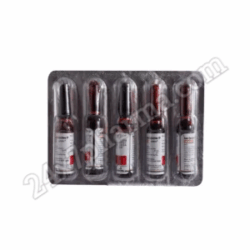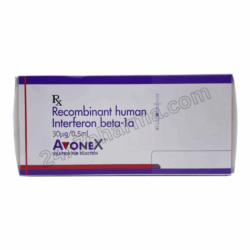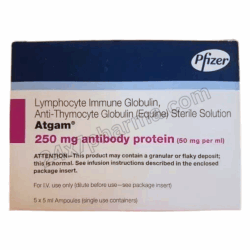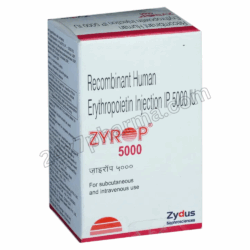Anemia
Showing 1–16 of 262 resultsSorted by latest
WEPOX SAFE 5000 IU INJECTION
Original price was: $47.$39Current price is: $39.WEPOX 30000 IU INJECTION
Original price was: $153.$128Current price is: $128.It refers to a state that causes an absence in blood red cell or haemoglobin, which is found within blood. It may be the result of numerous causes that can include bone marrow failure and bleeding and chronic diseases. Anemia-related symptoms can include fatigue, weakness as well as skin that is pale and breathlessness. The treatment for anemia typically requires taking iron supplements, as well as eating a diet rich in iron-rich foods. In serious cases, blood transfusions may be necessary.
Causes of Anemia
There are a variety of causes for anemia. They can be classified in accordance with:
- Blood loss It is the most commonly cited cause of anemia. It can be caused by excessive menstrual flow and digestive bleeding, trauma injuries or surgical procedure.
- Bone marrow disorders occur due to the fact that bone marrow isn’t producing enough white blood cells. Bone marrow issues can be caused by illnesses such as cancer or autoimmune disorders.
- Chronic illnesses like kidney diseases or cancer may cause anemia. It can be caused through the body’s inability to create fewer red blood cells or by the degeneration of the red blood cell.
Symptoms
One of the initial symptoms of anemia is usually fatigue. It’s caused by the fact that there isn’t enough oxygen is being delivered to organs and tissues in the body. Other symptoms include fatigue, pale skin and eyes as well as lightheadedness, shortness of breath , and dizziness. Additionally, there are people who suffer from headaches as well with cold hands and feet and chest pain. If you’re suffering from any of the symptoms mentioned above it’s important to see an expert doctor to ensure they can determine if you have anemia and then treat the cause.
Treatment
It treatment typically involves supplementing with iron and eating a diet filled with iron-rich food items like the green leaves of vegetables and lean proteins,, beans as well as fortified cereals. In extreme situations, iron supplements aren’t working, blood transfusions may be necessary. The purpose of treatment is to raise the amount of hemoglobin in the blood to levels that are normal enough to eliminate symptoms and complications from anemia are avoided.
If you’re suffering from symptoms of anemia, you need to speak with a specialist physician to identify the root cause and recommend the appropriate treatment. If treated correctly, people suffering from anemia enjoy a happy life.
















